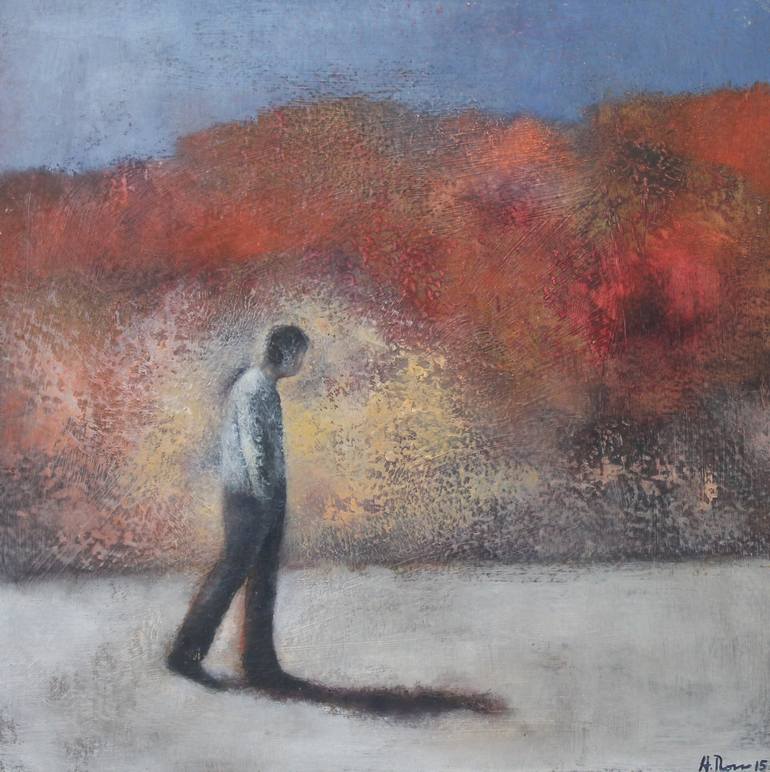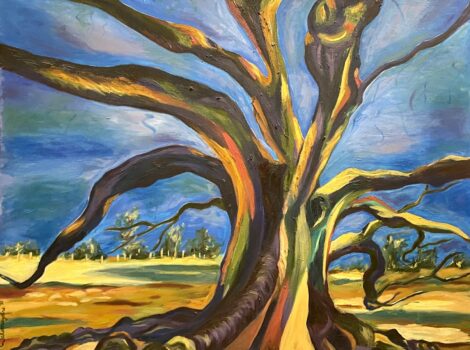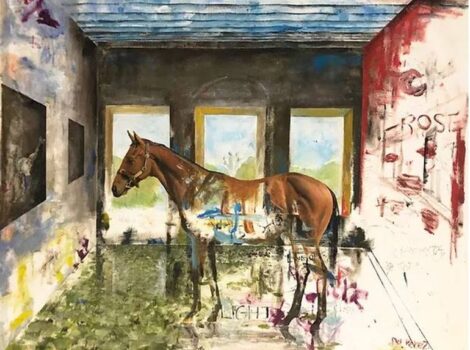
Narrative Knowledge
If we wish to know about a man, we ask what is his story, his real, inmost story. – Oliver Sacks, MD.
Narrative knowledge is what one uses to understand the meaning and significance of stories through cognitive, symbolic, and affective means.
As literary critic R.W.B. Lewis wrote: “Narrative deals with experiences, not with propositions.”
I think that for example, poetry works well when people are writing about their personal experiences with illness because those experiences are often unfamiliar for others and need to be heard.
Brandon Johnson wrote this poem, ‘Scared,’ while being treated for spinal muscular atrophy at the Haslinger Pediatric Palliative Care center in Akron, Ohio:
When I’m losing my strength, I’m scared
When I see my friends move forward with life, I’m scared
When I’m stuck in the same position as every day, I’m scared
When I see my mom cry, I’m scared
When I’m not feeling strong mentally, I’m scared
When I see my skeleton, I’m scared
When I think of my future, I’m scared
When I think of my loved ones’ futures without me, I’m scared
When you are loved, do not be scared
When you live in every second, do not be scared
When your body is unique, do not be scared
When you’re unsure of who you’re meant to be, do not be scared
When your loved ones worry for you, do not be scared
When you cannot move, do not be scared
When your friends move forward, be proud, do not be scared
Find your strength in music, art, and loved ones, do not be scared
Weine wrote in “The Witnessing Imagination: Social Trauma, Creative Artists, and Witnessing Professionals”, this sentence: ‘Listening to stories of illness and recognizing that there are often no clear answers to peoples’ narrative questions demand the courage and generosity to tolerate and to bear witness to unfair losses and random tragedies.’
I think this says it all.




